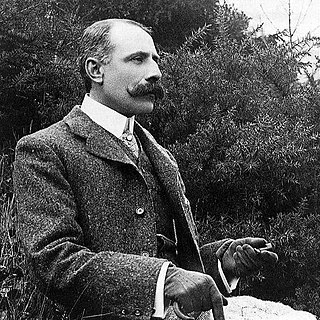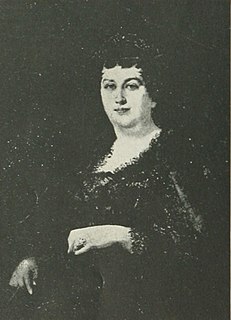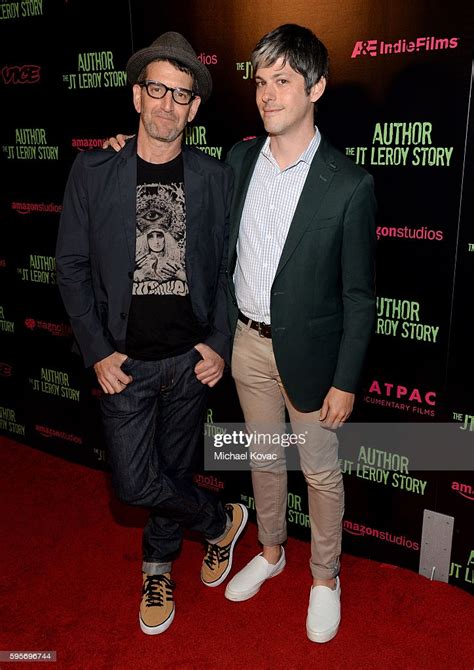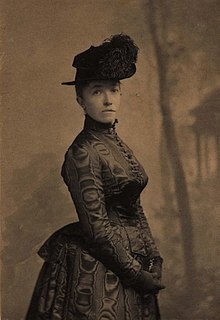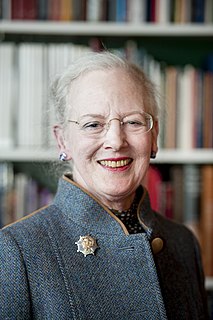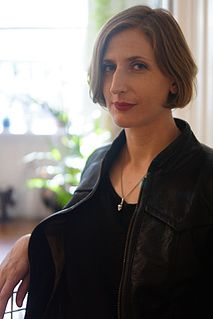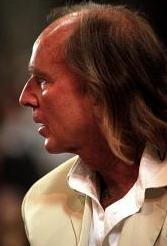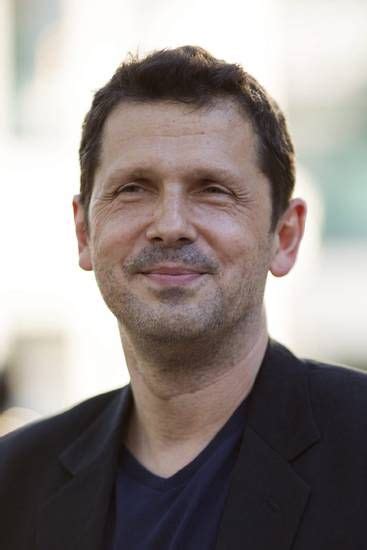A Quote by Nick Cave
I'm very happy to hear that my work inspires writers and painters. It's the most beautiful compliment, the greatest reward. Art should always be an exchange.
Related Quotes
Real writers-that is, capital W Writers-rarely make much money. Their biggest reward is the occasional reader's response.... Commentators-in-print voicing big fat opinions-you might call us small w writers-get considerably more feedback than Writers. The letters I personally find most flattering are not the very rare ones that speak well of my editorials, but the occasional reader who wants to know who writes them. I always happily assume the letter-writers is implying that the editorials are so good that I couldn't have written them myself.
Modern art to me is nothing more than the expression of contemporary aims of the age we’re living in. All cultures have had means and techniques of expressing their immediate aims – the Chinese, the Renaissance, all cultures. The thing that interests me is that today painters do not have to go to a subject matter outside of themselves. Most modern painters work from a different source, they work from within.
When I talk of primordial innocence, I hear it in Sufi music with the nay flute. I see it in Coptic icons, in most traditional art, particularly art of the American Indian. I find the texts extraordinarily beautiful and very childlike and very simple. I've been particularly interested in American Indian texts.

